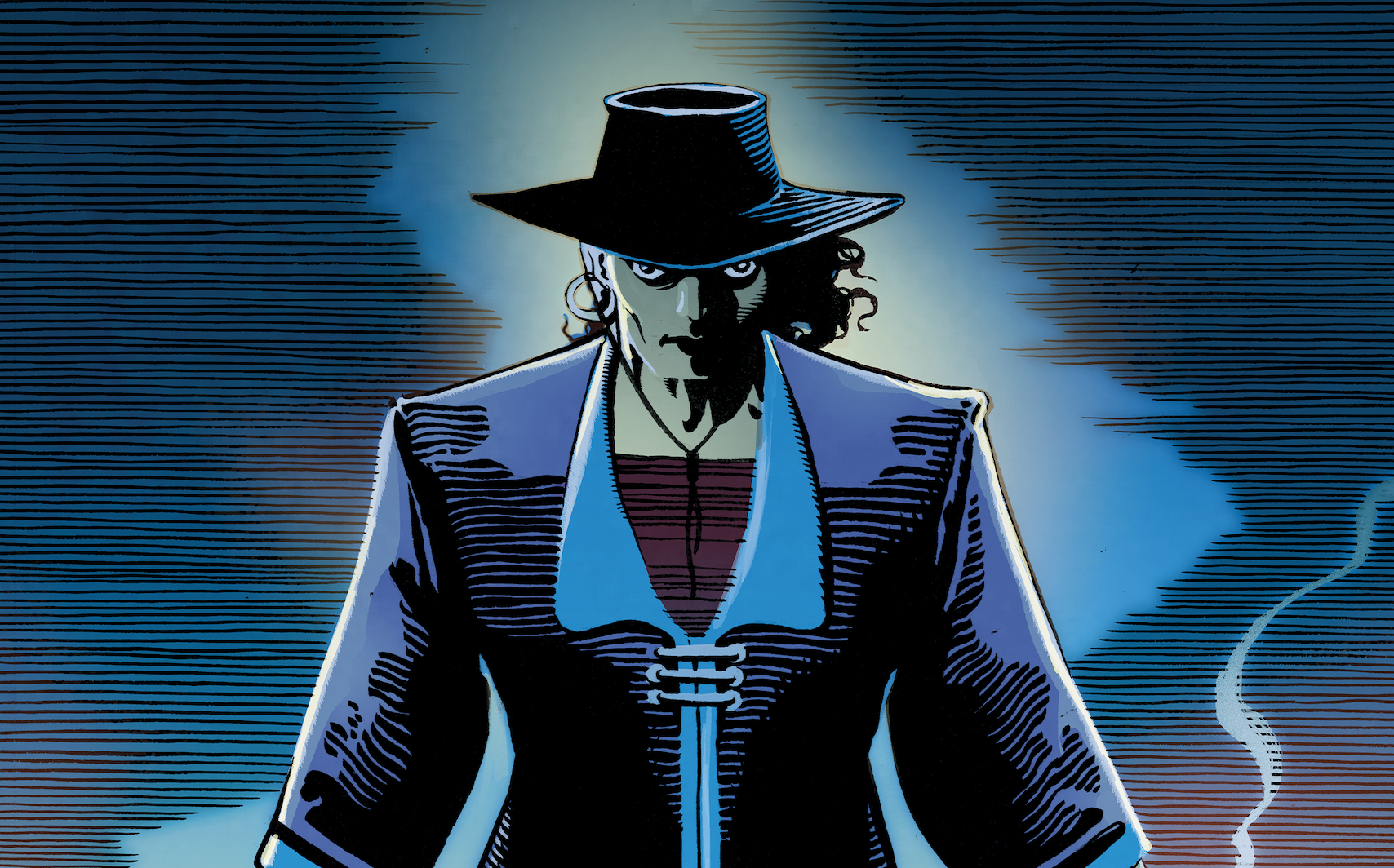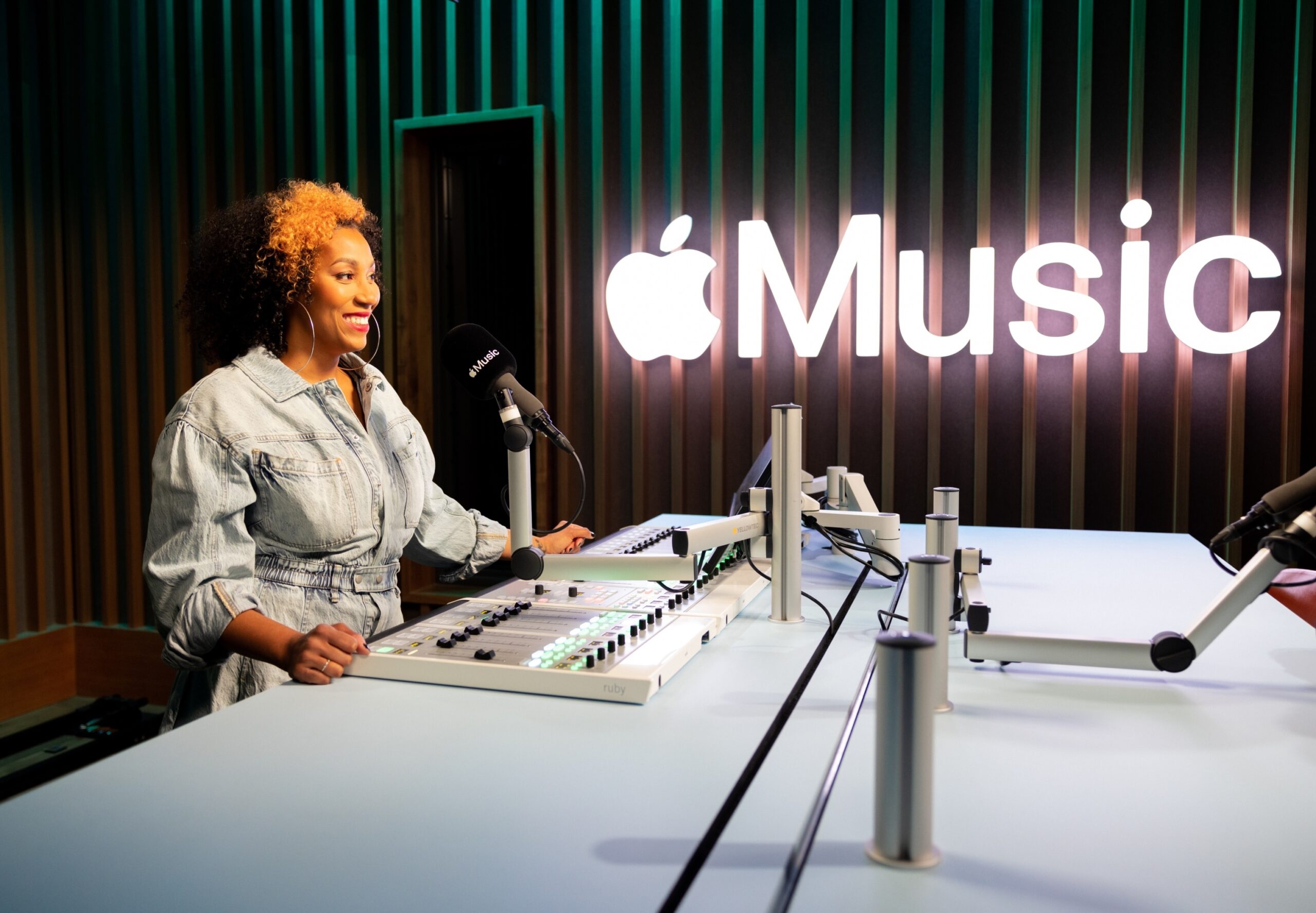
We already know the stats on women in Hollywood. Whether it is behind the camera or in front, they are outnumbered and outmatched by men in terms of visibility, opportunity and autonomy. Over the past few years we have seen a wave of women, as well as some men, speaking out against the gender bias, vowing to bring awareness to the problem and express a desire to work to change it.
This is not the first time we have shared an article like this, nor will it be the last until we see 50% of Hollywood films being directed by women, and an equal percentage of women making up leading protagonists and speaking roles on screen. Not to mention more female writers, producers, editors, cinematographers and key decision-making roles at networks and studios.
Pay inequality has become one particular area where women are becoming emboldened to speak out and share examples from their own careers in terms of being paid less than their male co-stars. In 2016, ‘House of Cards’ actress Robin Wright told the press how she made sure she was paid the same amount as Kevin Spacey on the popular Netflix show. More recently, actress Emmy Rossum said she held out on re-negotiating her ‘Shameless’ contract renewal until she was guaranteed she would be paid the same as co-star William H. Macy, and it worked.
One of the biggest stories which led to women summoning the courage to negotiate equal pay, was during the 2014 Sony Leaks which revealed Jennifer Lawrence was paid less than her male co-stars on ‘American Hustle’, despite being a far more popular and bankable movie star that year. Sadly, that wasn’t the end of the confessions.

In a recent issue of Marie Claire UK, actress Natalie Portman candidly admitted she was paid three times less than her ‘Not Strings Attached’ co-star Ashton Kutcher, knew it at the time, and didn’t bother to fight it.
“I knew and I went along with it because there’s this thing with ‘quotes’ in Hollywood. His [quote] was three times higher than mine so they said he should get three times more. I wasn’t as pissed as I should have been. I mean, we get paid a lot, so it’s hard to complain, but the disparity is crazy,” she said.
She said although the wage gap in America is bad for women (and worse for women of color) in Hollywood, the wage gap is shocking.
“Compared to men, in most professions, women make 80 cents to the dollar. In Hollywood, we are making 30 cents to the dollar,” she said.
Will the wage gap close just by women aggressively demanding they be paid what they are worth, as opposed to what their gender is? Or will it take a much deeper change within the industry. Speaking to the Radio Times in the UK about her film ‘Jackie’ which has been nominated for multiple awards, Natalie believes the Hollywood problem is simply an emphasized reflection of the rest of society.
“We are so often put in roles as objects of desire, with a male view, as opposed to subjects of desire with complex weaknesses, and moments of strength and focus – and you can be all of those things,” she said.

“We’re having a problem with female leadership – in business, in government, in storytelling. I think it has to do with being a boss. We’re still having a problem, first with women in that position, and second there are so many obstacles in their way,” she added, alluding to the recent Presidential election where Democratic nominee Hillary Clinton faced a number of barriers that her male opponents did not.
Her perspective is that women need to be part of the solution, and those who are in positions of leverage like herself are able to ensure change within the opportunities she takes on. For her upcoming film ‘On The Basis of Sex’ based on the life of Supreme Court Justice Ruth Bader Ginsburg, Natalie has made a key decision to ensure the greater visibility of women behind the scenes.
“We need to be part of the solution, not perpetuating the problem. As this story is specifically about gender discrimination, I was like, ‘How dare we not hire a female’,” she said.
Similar to the way she sees the objectified and often sexualized roles for women becoming a default norm and an indication of how women are perceived elsewhere in society, actress Freida Pinto sees this as a major barrier to women’s equality in the film world. In an interview with E! News, she said the lack of strong female characters has made her very strategic about the roles she takes on.
“People are still giving in to the idea of the female characters being objectified or overly sexualized in films and it’s working, it’s because people are habituated in that and you have to break that. You have to break that in a smart but aggressive way,” she said.

“I have played my fair share of characters that I think are kind of not strong enough for me but I’ve made a decision that no matter how strong or big the role is, it should have an impact, if not I shouldn’t, be part of it,” she added.
Freida has joined a list of women who are determined to make a difference by producing, writing, and green-lighting content that gives female voices the platform they deserve, as she too wants to be part of the solution.
But change cannot happen only among women. It will take conscious effort by men, especially white, cis-gendered men who are among the most powerful in Hollywood, to recognize the part they can play in changing the status quo. Producer and show creator Ryan Murphy, best known for his shows ‘American Horror Story’ and ‘Glee’, was awarded the inaugural Equity in Entertainment award at the 2016 Hollywood Reporter Women in Entertainment breakfast.
On stage, he spoke to industry colleagues about being part of the inequality problem in Hollywood, pointing out one incident in particular to illustrate this. As the writer, producer and director of FX’s acclaimed show ‘The People vs. O.J. Simpson’ he said he was determined to hire a female director for an episode. But when the woman he chose fell ill at the last minute, he stepped into the role instead of continuing to search for a female replacement. He admits this was an error.

“I felt I had failed. I have always had female directors on my shows, but why here didn’t I feel I had a roster of women around me who I could turn this important episode over to? Why weren’t these women on speed-dial? Why did I make the choice that was easier for me, but not for the material, or the world in general?” he asked.
Because of this experience, last February he launched the HALF Foundation, whose mission it is to put women, people of color and the LGBTQ community in 50% of directing jobs on all his series. So far, 60% of the directing jobs under the foundation have gone to women, so it seems when there is consciousness about casting the net wider than the “boy’s club” the talent is there.
“What I’ve learned is if you have power and you want to bring positive change, everyone will conspire to help you do that. But you have to speak up,” he said at the event. It was more than just self-reflection, it was a rallying cry to every industry executive in the audience that they too can be part of the solution.
We believe change is happening in Hollywood, albeit slowly, but with more and more people recognizing the benefits of gender equality and its impact on storytelling, it will be a reality.


















3 thoughts on “Changing The Status Of Women In Hollywood Will Take A Deliberate And Conscious Effort Toward Equality”